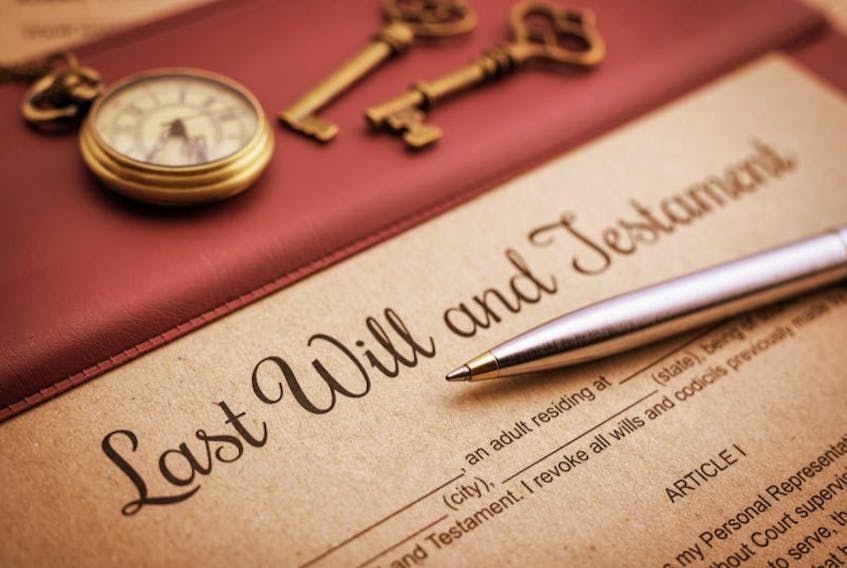It’s not always about the money. When a family member dies, personal items and heirlooms can be the cause of significant conflict among family members.
As often as not, the most disputed items may have little to no monetary value – but that doesn’t make them any less important to those family members who treasure their “priceless” emotional value.
You can generally leave your estate to whomever you want, once you have satisfied your obligations to a spouse and dependents – and there are a number of strategies for ensuring that an estate is equitably distributed according to the wishes of the deceased. But making decisions regarding personal effects and family heirlooms is often one of the most difficult parts of the estate planning process.

What can you do to make sure the cherished personal property you wish to leave to your heirs does not become the focal point for future disputes?
Here are some tips:
Eliminate surprises: Avoid potential conflicts by sharing with your family the contents of your Will and your reasons for the manner in which you have decided to distribute your assets so there are no surprises after you are gone.
Understand what “fairness” means: Fairness doesn’t necessary mean “equal” – and that is especially true when it comes to your personal items and heirlooms. Decide what “fairness” means to each of your family members, and if you agree, distribute your items accordingly.
Have a discussion about your special assets: List the items you wish to bequeath and get your family’s input on who should get what.
Appraise and consult: Have your personal property appraised and consult with your heirs to ensure the items you bequeath are appropriately valued – both monetarily and emotionally.
Make a list: Attach to your will a letter or memorandum that lists your personal property items and the heirs who should get each. The memorandum will not be enforceable as part of the Will unless incorporated into the terms of the will.
Choose now: While you’re still alive, list or lay out your personal items and have your heirs take turns choosing what they want. For example, you could have each of your heirs draw a number and have each person choose one item in turn until all the sentimental items have been selected.
Choose later: If you don’t want your heirs to select your personal items in advance but still prefer they are the ones who chose, leave a direction in your will that your heirs are to choose one item in turn, until all have been chosen.
Having an estate plan that includes a will is vital to ensuring your legacy is left as you wish. But keep in mind that people can change their minds and your heirs may not necessarily want what you plan to give them – so keep things flexible. Talk to your professional advisor about the best estate planning strategies for you.
Jeff Somers, BA, RRC, CFP works at Investors Group in Charlottetown. This column, written and published by Investors Group Financial Services Inc. and Investors Group Securities Inc. presents general information only and is not a solicitation to buy or sell any investments. Contact your own adviser for specific advice about your circumstances.









